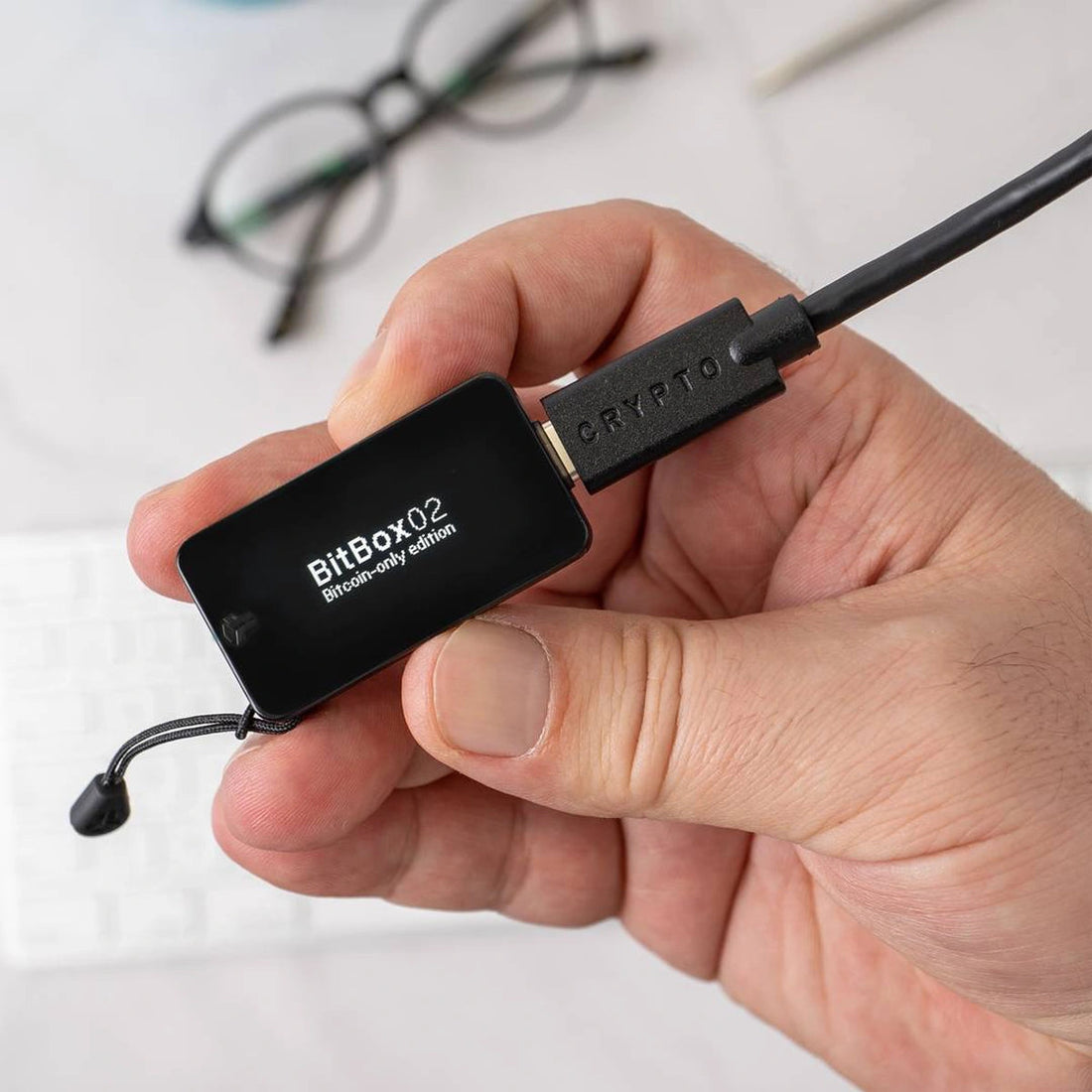Bitcoin wallets are essential tools for the secure storage and management of Bitcoin. There are different types of wallets, each of which has different advantages and disadvantages.
The most important types of Bitcoin wallets and their features are described in detail below.
1. Software wallets:
Software wallets are programs that are installed on a computer or mobile device. They come in various forms: Desktop wallets, mobile wallets and web wallets.
-> Desktop wallets
Desktop wallets are installed on a PC or laptop and offer users full control over their Bitcoin.
- Advantages:
- Ease of use: they offer a user-friendly interface and various functions for managing Bitcoin.
- Disadvantages:
- Vulnerability to malware: If the computer becomes
infected with malware, the Bitcoin can be stolen. The Bitcoin is only as secure as the computer is.
- Device dependency: If the device is lost or
damage to the device, access to the Bitcoin
to the Bitcoin can be lost unless backups have been created.
-> Mobile wallets
Mobile wallets are apps that are installed on smartphones and allow users to manage
users to manage Bitcoin on the go.
- Advantages:
- Portability: You can manage Bitcoin anywhere and at any time.
- User-friendliness: Often designed to be very user-friendly.
- Disadvantages:
- Security risks: Smartphones are vulnerable to hacking and
vulnerable to hacking and malware due to the internet connection.
- Risk of loss: If the cell phone is lost or stolen, the Bitcoin could also be
lost if no security measures such as backup and encryption have been taken.
-> Web wallets
Web wallets are online services that enable access to Bitcoin via a web browser.
- Advantages:
- accessibility: you can access the
Bitcoin from anywhere as long as there is an internet connection.
- Easy to set up: No download or installation required.
- Disadvantages:
- Low security: as the private keys are stored on the provider's servers, there is an increased risk of hacking and fraud.
- Dependence on the provider: In the event of a service failure or fraudulent
fraudulent activities of the provider, the Bitcoin can be lost.
2. Hardware wallets
Hardware wallets are physical devices that have been specially developed for the secure storage of Bitcoin. They store the private keys offline.
- Advantages:
- High security: As the private keys never come into contact with the Internet, they are protected against online attacks. The security of hardware wallets lies in their architecture. As they work offline thanks to a special secure element, i.e. they are not connected to the Internet, hackers cannot gain direct access to the private keys. Even if a user
transactions, the signature process is carried out offline on the device and only the signed
and only the signed transaction is transmitted online. This
“cold storage” method significantly minimizes the risk of theft through online attacks.
- Protection against malware: Even if the computer is infected with malware, the private keys remain secure.
- Ease of use: Many hardware wallets offer a user-friendly interface and simple transaction processing.
- Disadvantages:
- Cost: Hardware wallets are significantly more expensive compared to software wallets.
- Complexity for beginners: The initial setup can be a little more complicated for beginners
complicated for beginners, as they have to make a note of the Bitcoin seed offline.
offline.
3. Paper wallets
A paper wallet is a physical copy or printout of the private and public keys of a Bitcoin address.
- Advantages:
- High security: As it is a physical document, there is no digital point of attack when it is used.
- Free of charge: There are no costs for the
creation of a paper wallet.
- Disadvantages:
- Risk of loss: If the paper is lost or damaged, the Bitcoin cannot be recovered.
- Cumbersome to use: Transferring Bitcoin to a paper wallet or spending Bitcoin requires additional steps and can be complicated for beginners.
- No flexibility: It is more difficult to spend Bitcoin from a paper wallet as this requires importing the keys into a software wallet.
- Dependence on the production provider: Generating the paper wallet requires trust in the provider that offers the production of paper wallets.
Experience from the Bitcoin space:
Most people in the Bitcoin space use cell phone wallets for everyday payments. The Wallet of Satoshi is recommended for beginners and the Phoenix Wallet for advanced users. Bitcoiners hold roughly the same amount of Bitcoin there as they do in cash in their wallets. Almost all Bitcoiners use a hardware wallet for their savings. The Bitcoin Only version of Bitbox is particularly recommended, as it has certain advantages over other hardware wallets.
Paper wallets can be used for gifts to relatives, where, for example, €50 in Bitcoin can be given as a gift.
Conclusion:
Each type of Bitcoin wallet has its own advantages and disadvantages. The choice depends on the individual needs and
security requirements. While software wallets are practical and
user-friendly, hardware wallets offer the highest level of security by storing the private keys offline. Paper wallets can also be a secure option, but require careful handling and storage.
Get your BitBox for maximum security
